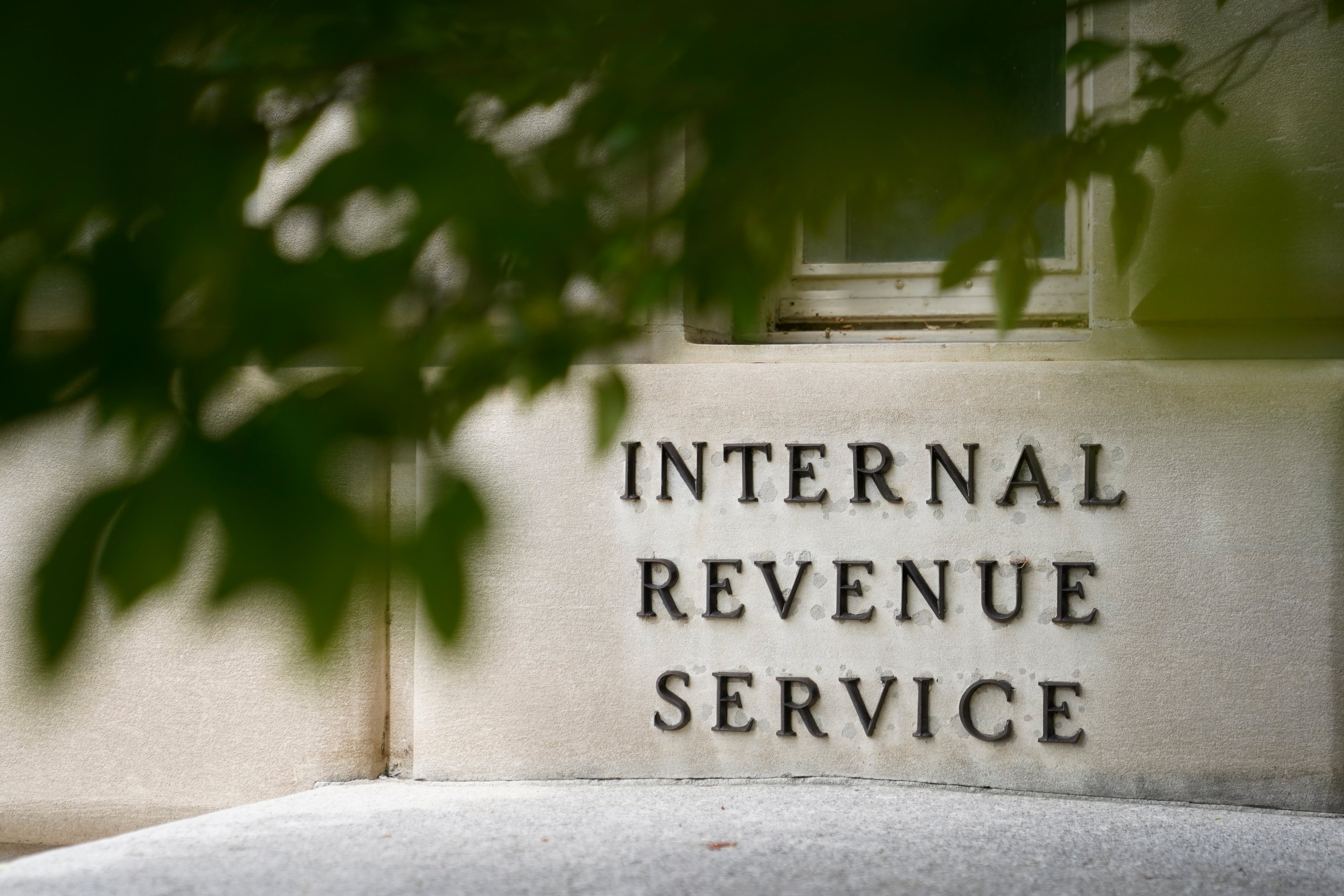As New York reels from its most recent setback in the struggle to legalize recreational cannabis, state Sen. Diane Savino said expansion of the existing medical cannabis program is one path toward broader legalization.
"We are going to push them to get as much as we can from the medical program, and I think that is the real key. The more you see marijuana in the marketplace, the more you see it on Main Street ー even if it's only for medical use ー the more people become socialized to think that marijuana is a positive product, and we should really think about why we are criminalizing it one aspect or another," Savino told Cheddar.
Just months after a push by Gov. Andrew Cuomo failed to get legalization provisions into the state budget, a last ditch effort to pass a comprehensive legalization bill through the state legislature fizzled out last Wednesday due to lack of support in the Senate. New York is not among the roughly 25 states and territories that permit citizens to vote on statutes or constitutional amendments, so the legislature has to approve the plan. Savino, who sponsored the original medical marijuana legalization bill New York approved in 2014, said that could pose a problem for New York moving forward.
"New York is an incredibly progressive state on a lot of issues, but not on drug policy," Savino said. "Until just about 10 years ago, we had some of the most draconian drug laws in the country. They were referred to as the Rockefeller drug laws. We criminalized everything from possession, to usage, to addiction, so it's been a slow roll out of that philosophy, but we are still dealing with the repercussions of more than 100 years of prohibition."
Beyond that, however, there is a key contingent of state senators, known as the Long Island Six, who flipped traditionally conservative districts by very narrow margins during the 2018 midterm ー and they are anxious to hold onto their seats.
"All Democrats are not the same in New York state. New York state is a really big place, so a New York City Democrat is not a Long Island Democrat is not a rural Democrat. And in order for the Senate to remain Democratic, we have to respect the views of people who represent areas with divergent views," Savino said, adding that it is "ironic" that the "weakest support for marijuana comes right out of our suburban areas right outside of New York City."
Of course there were more forces at work than just the Long Island Six. Disagreements over key issues like where cannabis tax revenue should be allocated, and the dangers of drugged driving threw more sand on the fire ー and costly anti-cannabis lobbying campaigns from groups like Smart Approaches to Marijuana certainly didn't help, Savino said. Although New York failed to vote on adult use in time for the close of last week's legislative session, the state Senate and Assembly did pass a bill further decriminalizing the substance.
Gov. Andrew Cuomo, who called cannabis a "gateway drug" as recently as 2017, Democrat & Chronicle reported, has had a rapid change of heart around cannabis. He expressed disappointment that a recreational framework for sales didn't get legalized through the budget initiative as he had recommended, and claimed some of the credit for decriminalization for himself.
"When legalization didn't work, I suggested we go to decriminalization," he told WAMCRadio on Monday.
Activists, including the Drug Policy Alliance's Kassandra Frederique, have said decriminalization doesn't go far enough to address the damages of decades of cannabis prohibition. Savino, however, argued that the plan could actually backfire.
"Decriminalization is not the solution to marijuana, because you're still buying it from criminals," Savino said. "Behind every guy that delivers it to your house, that you might know, and you might trust, is a criminal cartel. A legal regulated market is a solution for that, but this is the best we could give them," she said.
For now ー or at least until the next legislative session ー Savino said she is championing expansion of the medical program within a framework of the existing statute in hopes it will normalize the substance as lawmakers ramp up for another battle in 2020.













